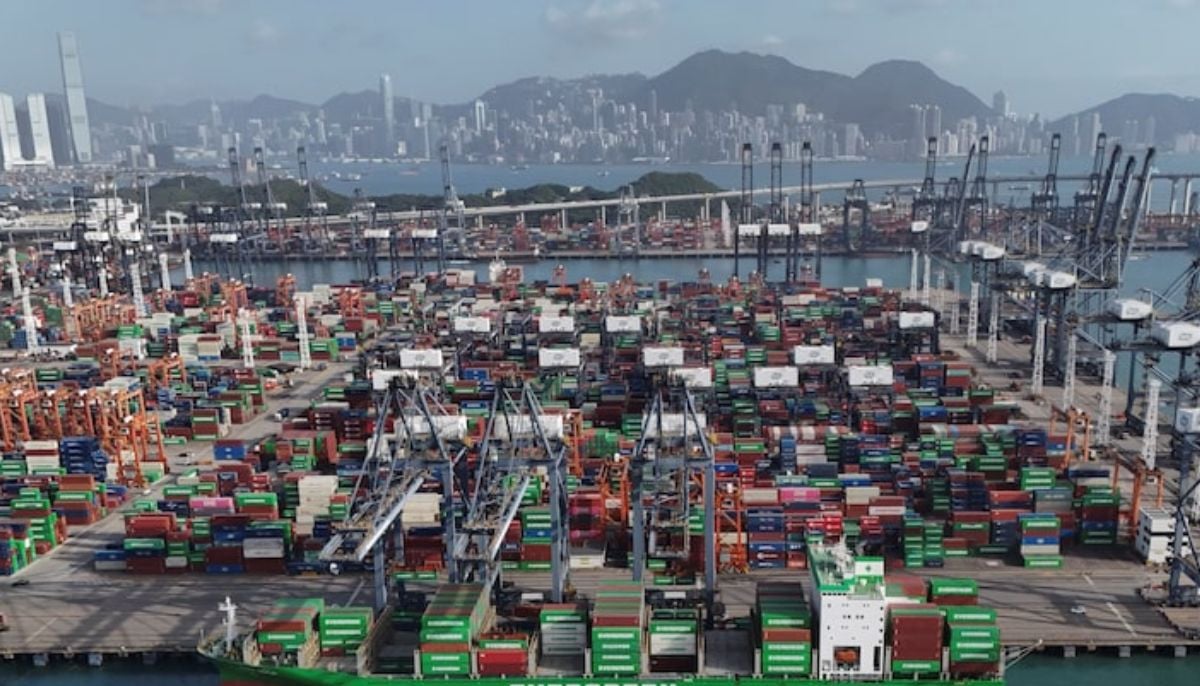Pakistan remains on UK's travel red list
Seven countries, including, Canada, Denmark, and Switzerland, will move into the green list on August 30
The United Kingdom has decided to keep Pakistan on its red list of the travel ban, the country announced in its latest travel review on Thursday.
According to Geo.tv, Pakistan has been kept on the red list for "failing to meet the requirements on genomic surveillance capability, transmission risk, and variants of concern."
Pakistan was hopeful it will be moved to the amber list in the latest review, with government officials – including PM Imran Khan – urging the UK government to move the country to the amber travel list.
But it seems the diplomatic offensive failed and the misery of thousands, who are separated from family, will continue.
According to the latest update, seven countries, namely, Canada, Denmark, Finland, Liechtenstein, Lithuania, Switzerland, and the Azores will move into the green list starting 4am on Monday, August 30.
Thailand and Montenegro, on the other hand, will be added to the red list at the same time, "reflecting the increased case rates in these countries and the higher risk that travel from these countries poses to UK public health", said the notice.
"The high rates combined with lower levels of published genomic surveillance in Thailand and Montenegro than other countries mean that an outbreak of a new variant or existing variants of concern (VOC) or variants under investigation (VUI) cannot be easily identified before it is imported and seeded across the UK," it added.
According to the UK government, passengers arriving in the UK from red list destinations "will need to isolate for 10 days in a managed quarantine facility and follow the necessary testing requirements".
"The data for all countries will be kept under review and the government will not hesitate to take action should the data show that countries’ risk ratings have changed," it said.
Pakistan had hoped to be removed from the UK government's travel ban red list alongside Turkey, which also continues to remain on the red list.
Three factors determine placement
The responsible department said that three major factors determine the final decision on whether to remove the country from the list or retain it.
In an interview with Geo.tv, a spokesman of the department of health — which maintains the traffic light system of the countries — said that genomic surveillance capability, transmission risk, and variants of concern are the key factors in making the final decision.
When asked to comment on the progress Pakistan had made to come out of the red list, a department of health spokesperson said: “Our international travel policy is guided by one overwhelming priority — public health — and traffic light allocations are based on a range of factors, including genomic surveillance capability, transmission risk, and variants of concern.”
The spokesman explained that the traffic light system categorises countries based on risk to protect public health and the vaccine rollout from variants of COVID-19 and the Joint Biosecurity Centre (JBC) produces risk assessments of countries and territories.
The spokesman added that decisions on red, amber or green list assignment and associated border measures are taken by ministers, who take into account the JBC risk assessments, alongside wider public health factors.
The UK government says it uses a range of data sources to inform decisions, including from GISAID, the World Health Organisation (WHO), official reports from host government/administration websites, UK mandatory testing data and information provided by host governments/administrations.
Many countries and territories have limited genomic sequencing and variant assessment or do not publish their data and, therefore, surveillance for variants of concern is challenging, the government maintains.
Geo.tv also spoke to three MPs who have been in touch with the UK government in recent weeks, arguing that Pakistan should be moved from the red list.
One MP said that Pakistan has made major progress but the "recent rise in death rates and infection rates is concerning."
The second MP said that he was confident that Pakistan will come out of the red list. The third MP said the "UK government is aware that Pakistan has no variants of concern other than Delta, which has now spread widely across the UK and is being dealt with."
In a recent letter to the Health Secretary Sajid Javed, a group of MPs wrote that keeping Pakistan on the red list was causing grievous suffering to so many people within the diaspora who have been unable to see family members, particularly parents who are seriously ill, as well as spouses and children.
-
Quinton Aaron reveals why he does not want to speak to wife Margarita ever again
-
Why Mikaela Shiffrin celebrated Olympic Gold with Taylor Swift song?
-
Political tensions steal spotlight at Berlin Film Festival closing ceremony
-
Hong Kong touts stability,unique trade advantages as Trump’s global tariff sparks market volatility
-
Friedrich Merz heads to China for high stakes talks in an effort to reset strained trade relations
-
Nvidia CEO praises Elon Musk, calls him an ‘extraordinary engineer'
-
Conan O'Brien speaks first time after Rob Reiner's killing
-
Eric Dane drops raw confession for Rebecca Gayheart in final interview












